The United Nations Development Program (UNDP) has launched the first plant of its kind in Yemen in Lahj Governorate, which works to convert waste into energy in a “modern method of electricity production., a project that can be implemented in Yemeni governorates for waste treatment.”
The energy production project relies on a comprehensive system for solid waste management and encourages members of the society to recycle and reduce waste, as the plant works to convert solid agricultural waste and municipal waste into gas that can be used to generate electricity.
The plant converts five tons of municipal solid waste and agricultural waste per day and can generate 100 kilowatt-hours of electricity and one ton of nurdles. This is enough to run 100 shops and provide nearly 7,500 employment opportunities for the poorest people in rural areas.
This kind of business will ensure access to electricity: $2 for 12 hours, compared to $20 for 12 hours via fossil fuels. In addition to the market value of recycled nurdles which is around $900 per ton.
The project maintains environmental protection, limit the emission of greenhouse gases, and supports climate change initiatives. These efforts support the most vulnerable groups in rural areas of Yemen by employment creation and income generation. In addition to the technicians who work in operating and maintaining the plant.
People can collect “cash for trash” money by collecting trash and bringing it to selected waste-collecting companies to provide the plant with fuel and generate electricity.
The initiative encourages the use of solar-powered tuk-tuks to collect waste in an easier and in an eco-friendlier manner for those seeking income from cash-for-trash points.
The initiative aims to encourage communities, private sector, and institutions to come up with innovative solutions to improve livelihoods and climate security.
“Investing in innovative technologies and operations such as waste-to-energy, which improve clean energy production, will positively impact climate security and promote a participatory green economy,” said Awok Lutsma, Resident Representative of the United Nations Development Programme (UNDP) in Yemen.
This initiative is a result of the partnership and cooperation between the United Nations Development Program in Yemen, Ministry of Water and Environment, Ministry of Planning and International Cooperation, the Environmental Protection Authority (Aden and Lahj), the authorities in the governorate and the Electricity Department in (Lahij), and the Yemeni private sector (Sahab Tech Company). , the European Union, the Swedish International Development Cooperation Agency, and the UNDP Climate Facility, implemented by the Joint Livelihoods and Food Security Program in Yemen (Rural Resilience 2).
These efforts will also promote innovative ways to deal with solid waste, and access renewable energy in eco-friendly. and more sustainable ways, which will contribute to meeting the challenges of climate security in Yemen.

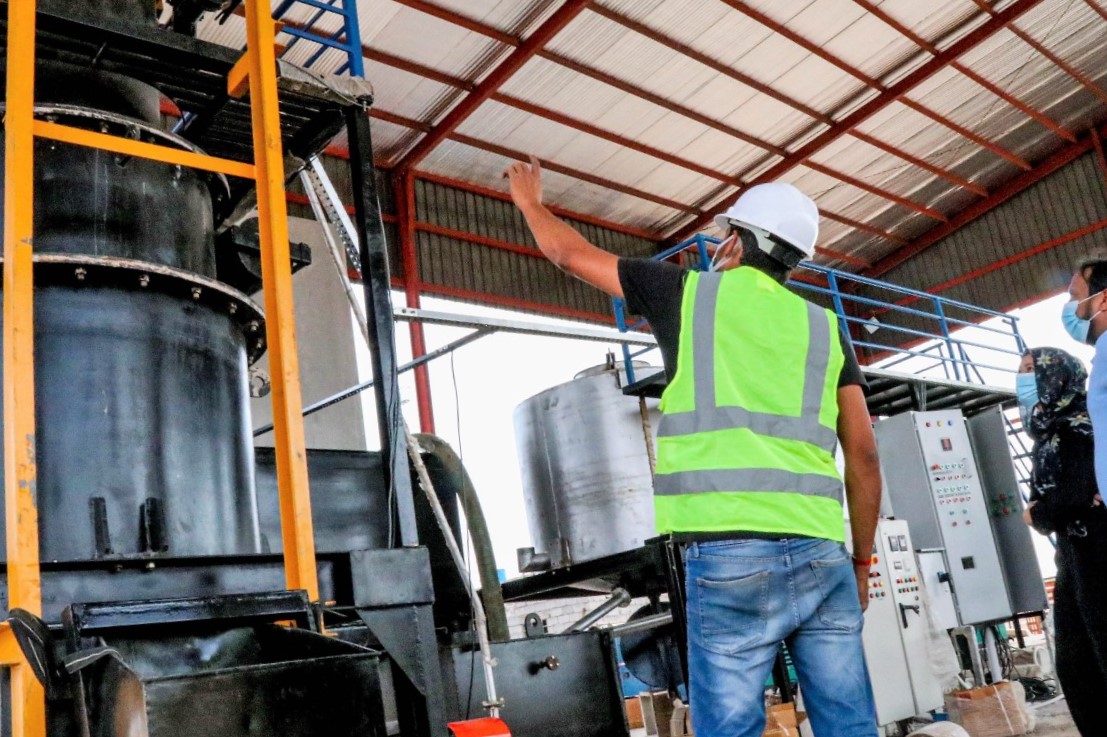
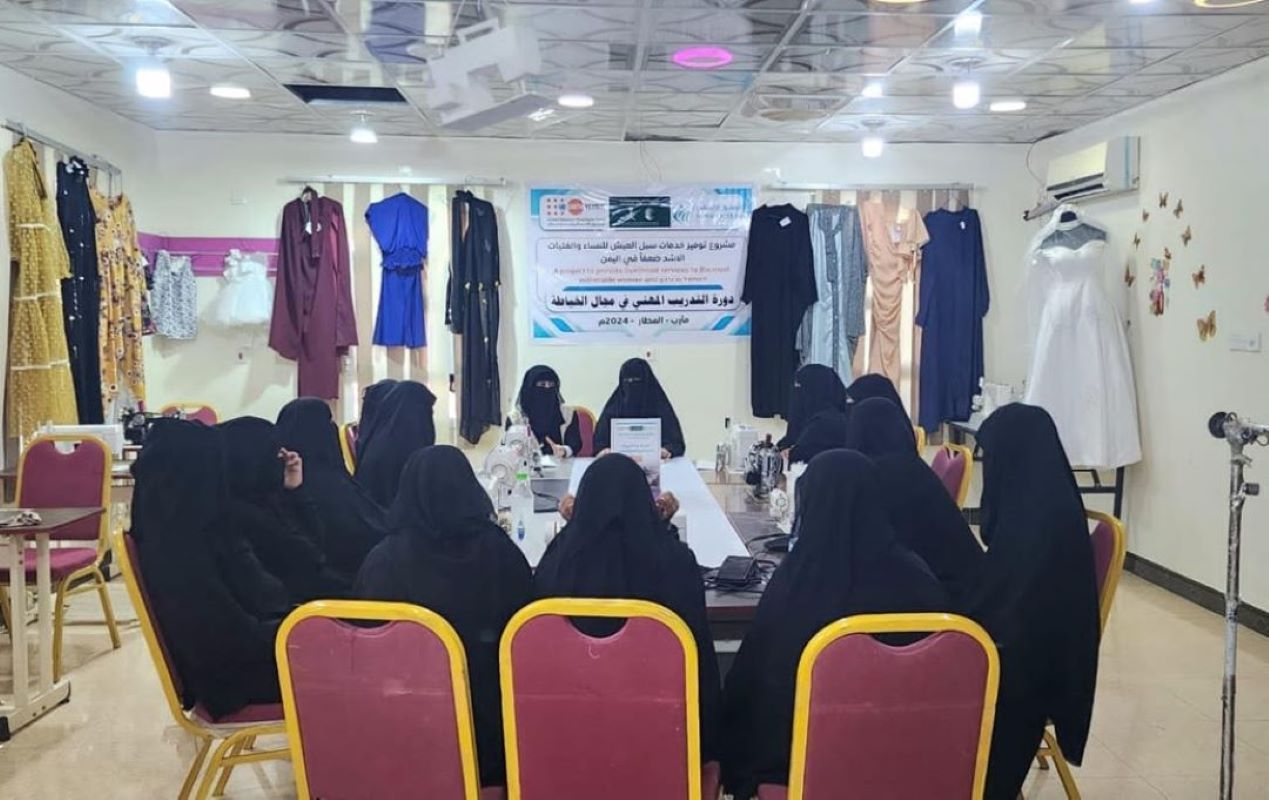
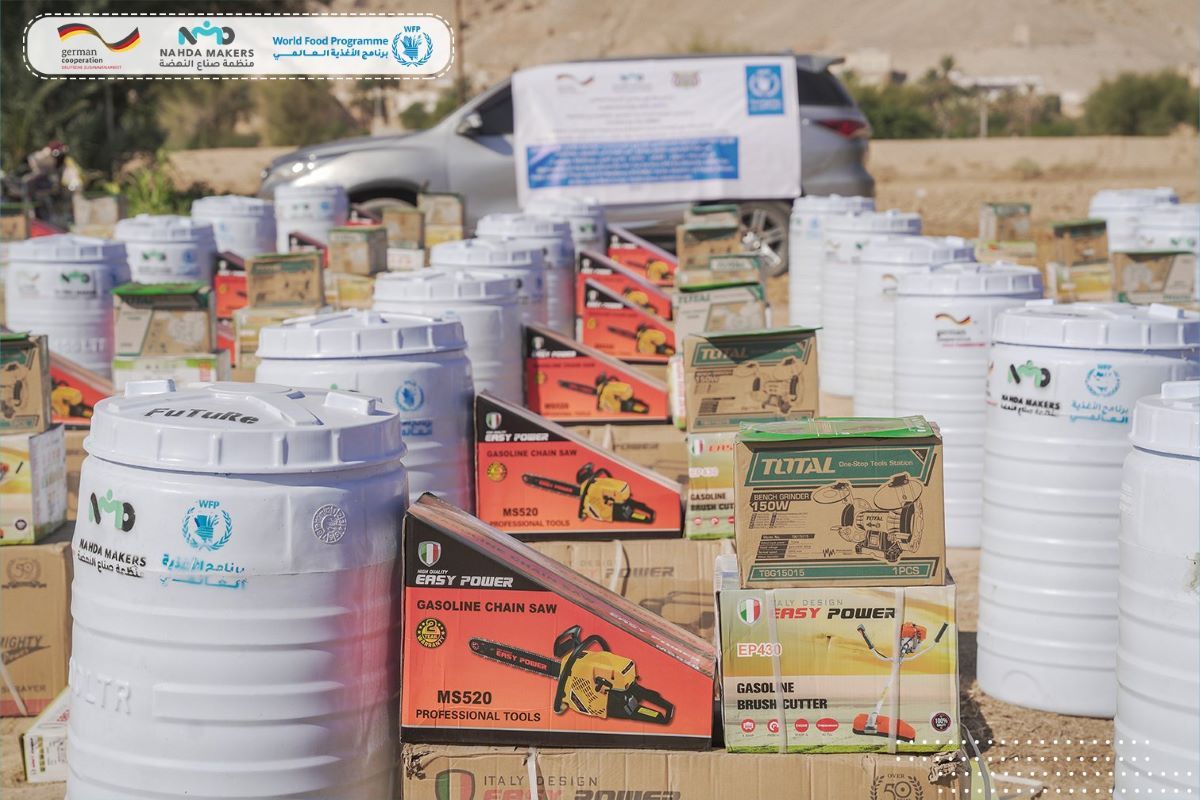
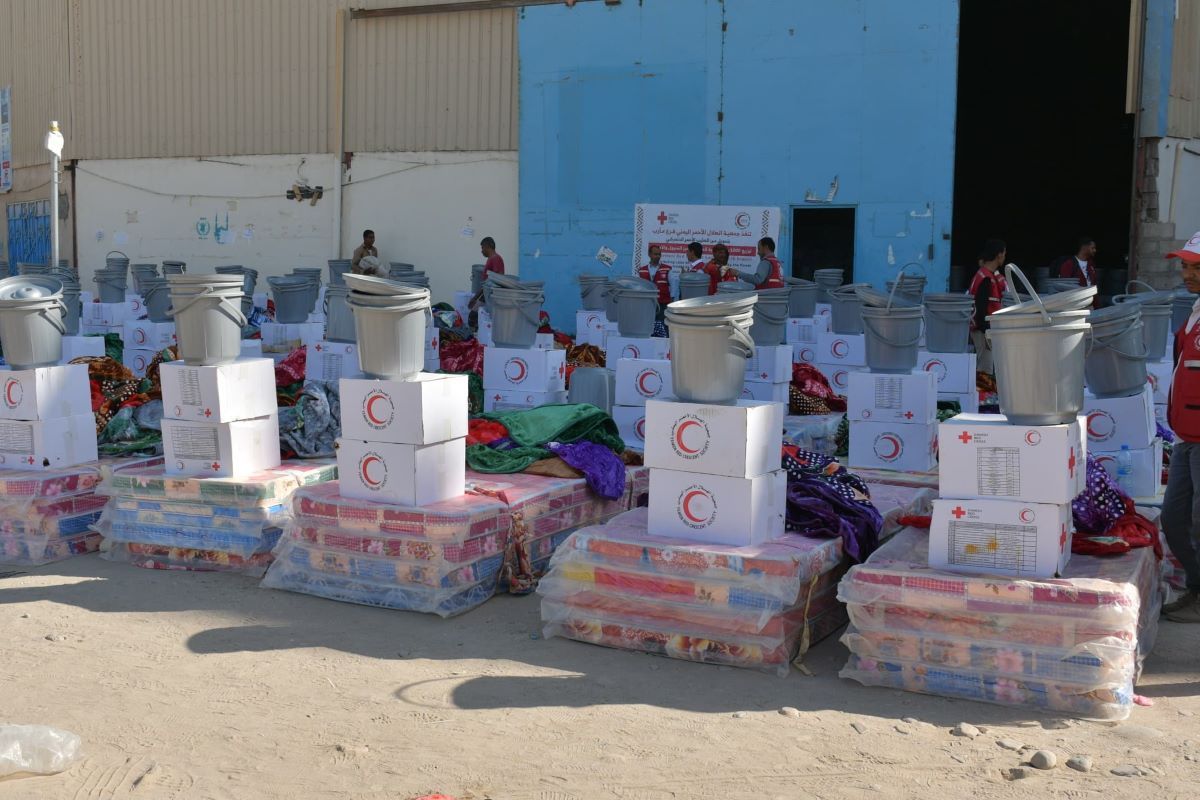
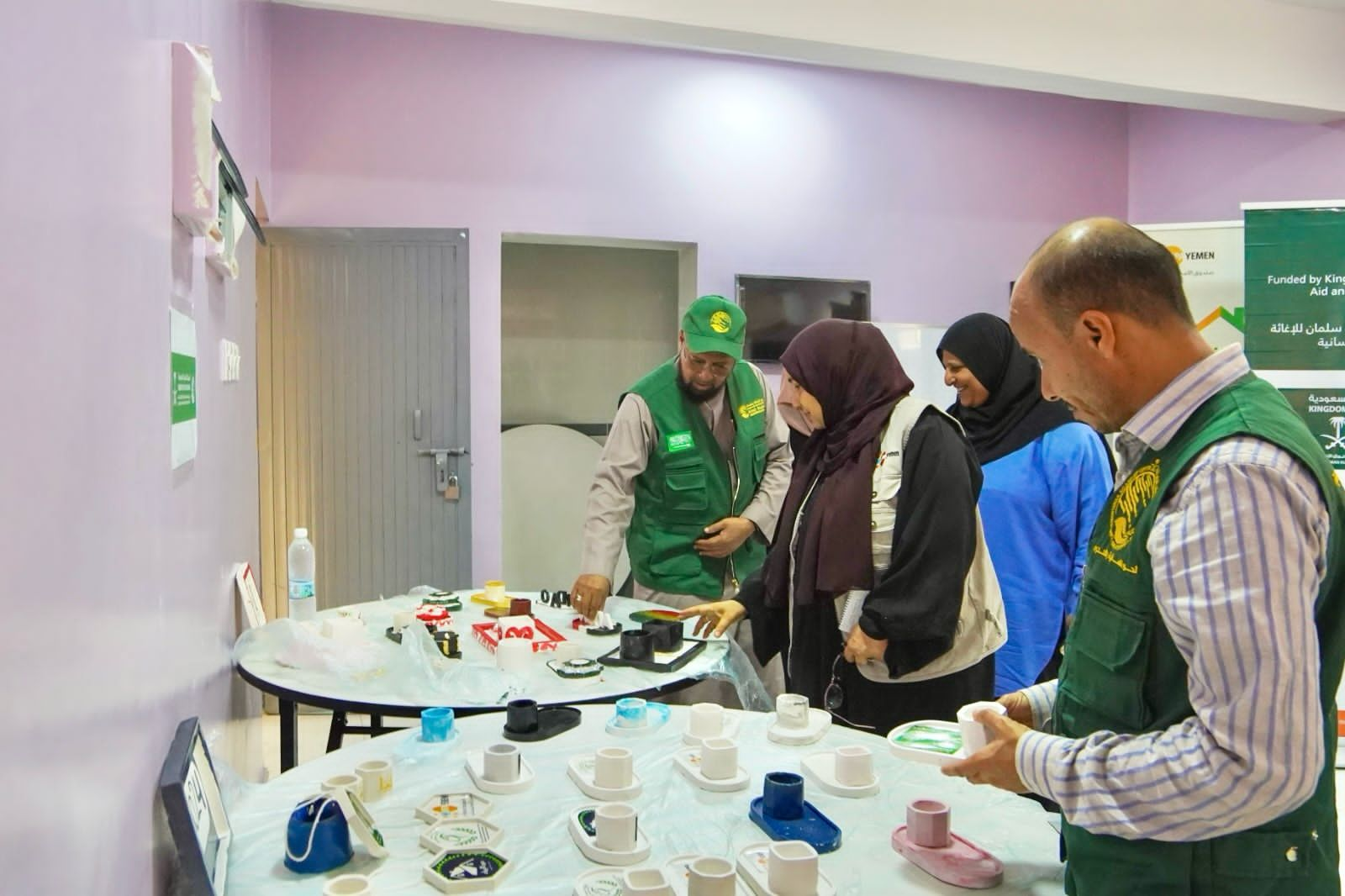
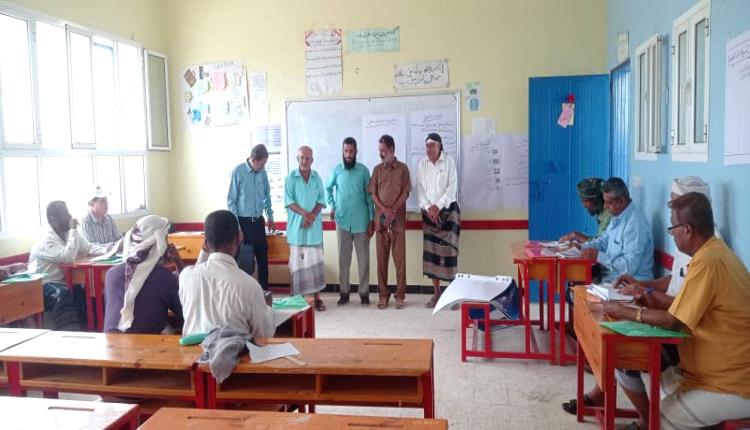
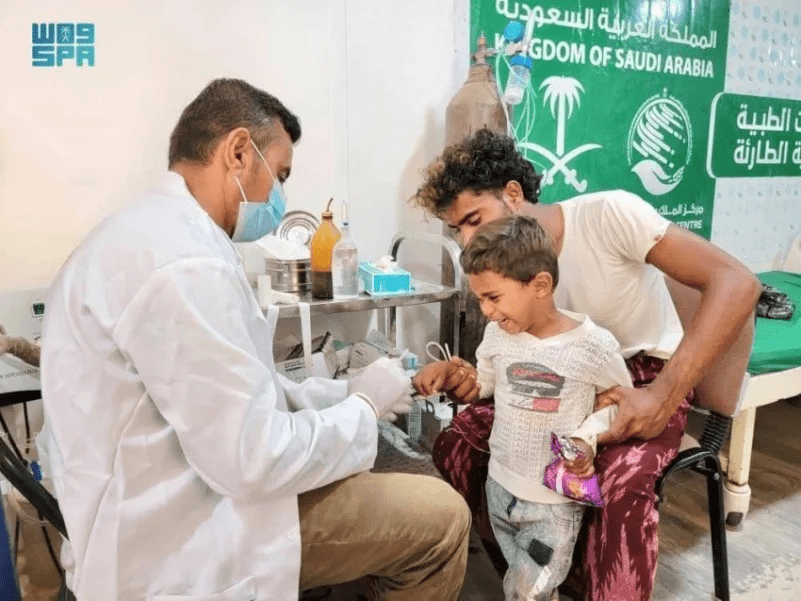

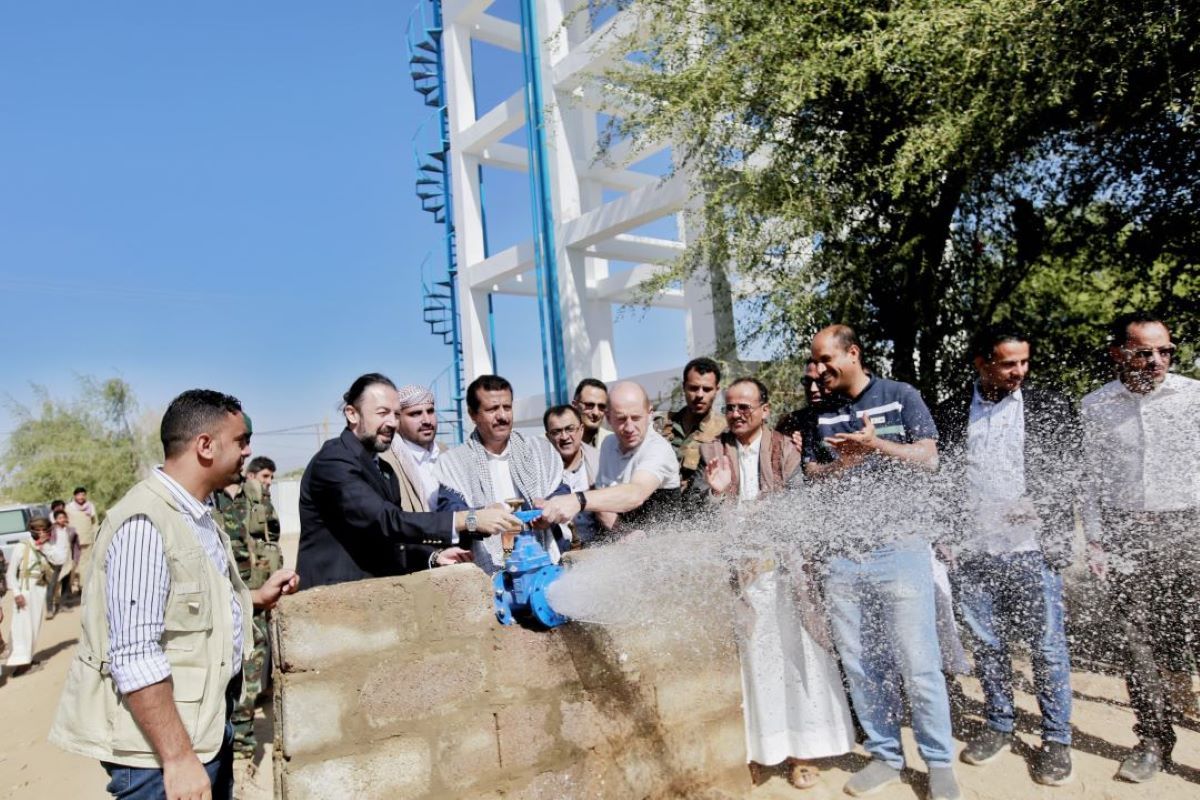
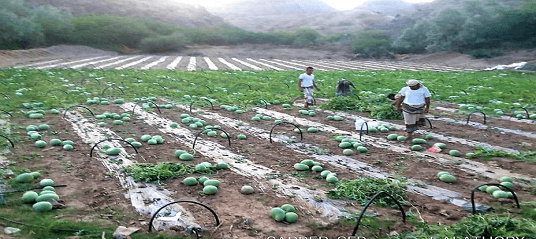
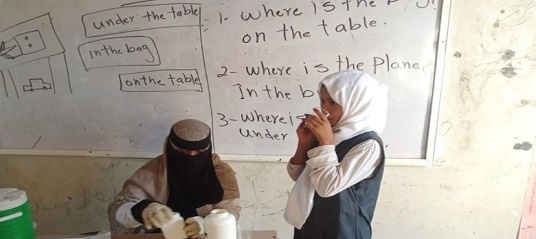
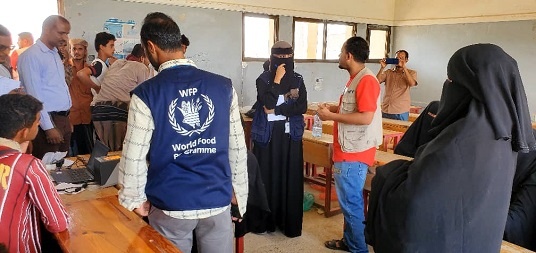
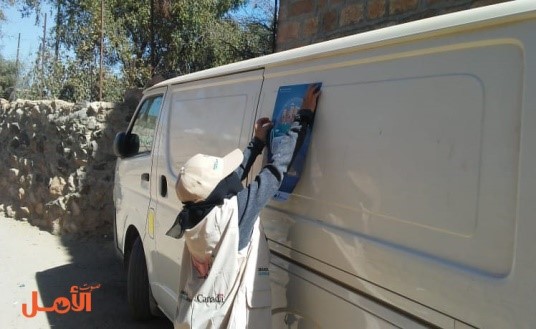
LEAVE A COMMENT